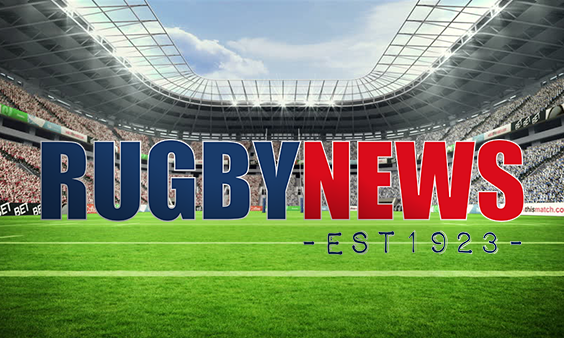
Shute Shield Season Preview: PARRAMATTA with Gerrard Fasavalu
| Mar 29 2014
by Paul Cook -
When Glen Christini arrived at Parramatta back in 2010, the club was at rock bottom both on and off the pitch. Saddled with debt, struggling to fill their lower grade sides on a weekly basis and humbled by an 11th place finish on the ladder. However, thanks to the superb work of Christini and his coaching team over the last three years, alongside the actions of a proactive board, the Two Blues club you see today is in rude health by comparison.
Working alongside Christini during his tenure was a fellow Kiwi - ex-New Zealand Schoolboys, Samoan Sevens and Highlanders player, Gerrard Fasavalu. After a highly promising start to his career that also saw him named as the IRB Junior Player of the Year in 2000, Fasavalu’s rugby dream was ended prematurely by a terrible knee injury, a setback he turned to a positive by completing his studies and achieving the non-too sh




